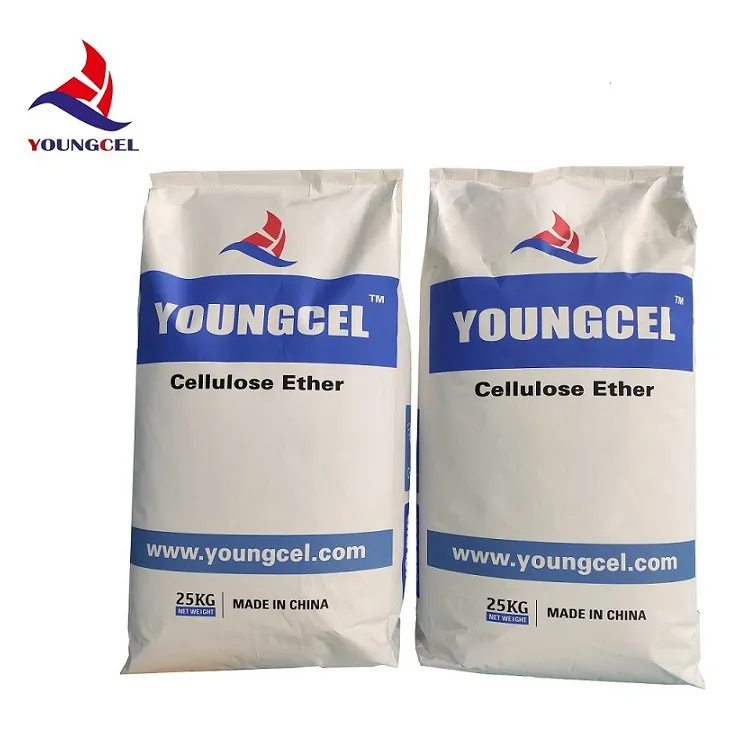Understanding Chemical Thickening Agents Applications and Implications
In various industrial sectors, particularly in food production, cosmetics, and pharmaceuticals, chemical thickening agents play a pivotal role in enhancing the consistency and stability of products. These agents, often referred to simply as thickeners, are substances that increase the viscosity of a liquid without significantly altering its other properties. Their use spans a wide range of applications, contributing not only to the texture but also to the behavior of materials under different conditions.
Understanding Chemical Thickening Agents Applications and Implications
One of the most revered applications of thickening agents is within the food industry. They are crucial in products like sauces, dressings, and soups, where the desired texture and mouthfeel are essential for consumer satisfaction. For instance, xanthan gum, derived from the fermentation of sugar, is commonly used to create a smooth and creamy texture in salad dressings without the need for additional fats. Moreover, thickeners serve a functional purpose beyond just texture; they can also stabilize emulsions (mixtures of oil and water), preventing separation and maintaining product quality over time.
chemical thickening agent

In the cosmetic industry, thickening agents are instrumental in formulating creams, lotions, and gels. Here, the desired viscosity can significantly impact the application and feel of a product on the skin. For instance, carbomers are frequently utilized in skincare formulations to achieve a lightweight yet smooth texture that spreads easily. Additionally, by controlling the viscosity, formulators can affect the product's absorption rate and performance, which are critical factors for consumer acceptance.
The pharmaceutical sector also employs thickening agents extensively, often in liquid medications where controlled viscosity is necessary for dosage accuracy and patient acceptance. For example, thickening agents like hydroxypropyl methylcellulose (HPMC) can be employed in preparing syrups and suspensions, ensuring that medicinal compounds remain evenly distributed throughout the liquid and providing a more palatable experience for patients.
While the benefits of chemical thickening agents are apparent, there are considerations regarding their safety and potential health implications. Regulatory bodies, such as the Food and Drug Administration (FDA) and the European Food Safety Authority (EFSA), monitor the use of these agents to ensure they are safe for consumption. Additionally, as consumer awareness of additives increases, there is a growing trend towards natural alternatives. This shift is prompting manufacturers to explore and develop plant-based thickeners that align with health-conscious consumer preferences.
In conclusion, chemical thickening agents are essential across multiple industries, playing a key role in enhancing the texture, stability, and functionality of a myriad of products. Understanding the various types, applications, and implications of these agents is crucial for manufacturers seeking to develop high-quality products that meet consumer demands. As trends evolve and the market shifts towards natural solutions, the ongoing research and innovation in this field will likely yield exciting alternatives, ensuring that thickening agents continue to thrive in their respective applications.
-
Premium Detergent Grade HPMC Hydroxypropyl Methylcellulose: Superior Thickening & StabilityNewsAug.31,2025
-
HEC 100000 Hydroxyethylcellulose for Paint | Superior ThickeningNewsAug.30,2025
-
Wall Putty Rdp Powder Packaging DesignNewsAug.29,2025
-
Introduction to Hpmc Hydroxypropyl Methyl CellulosNewsAug.29,2025
-
Hpmc Industri Grade IntegrationNewsAug.29,2025
-
How to Choose the Right Construction AdhesiveNewsAug.29,2025




